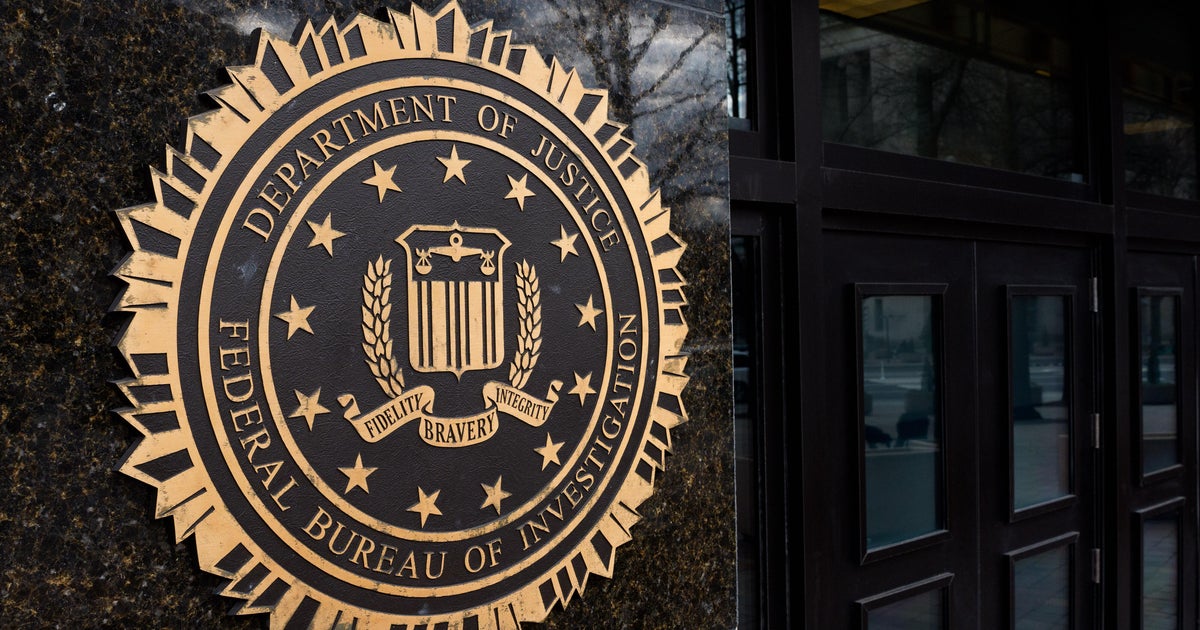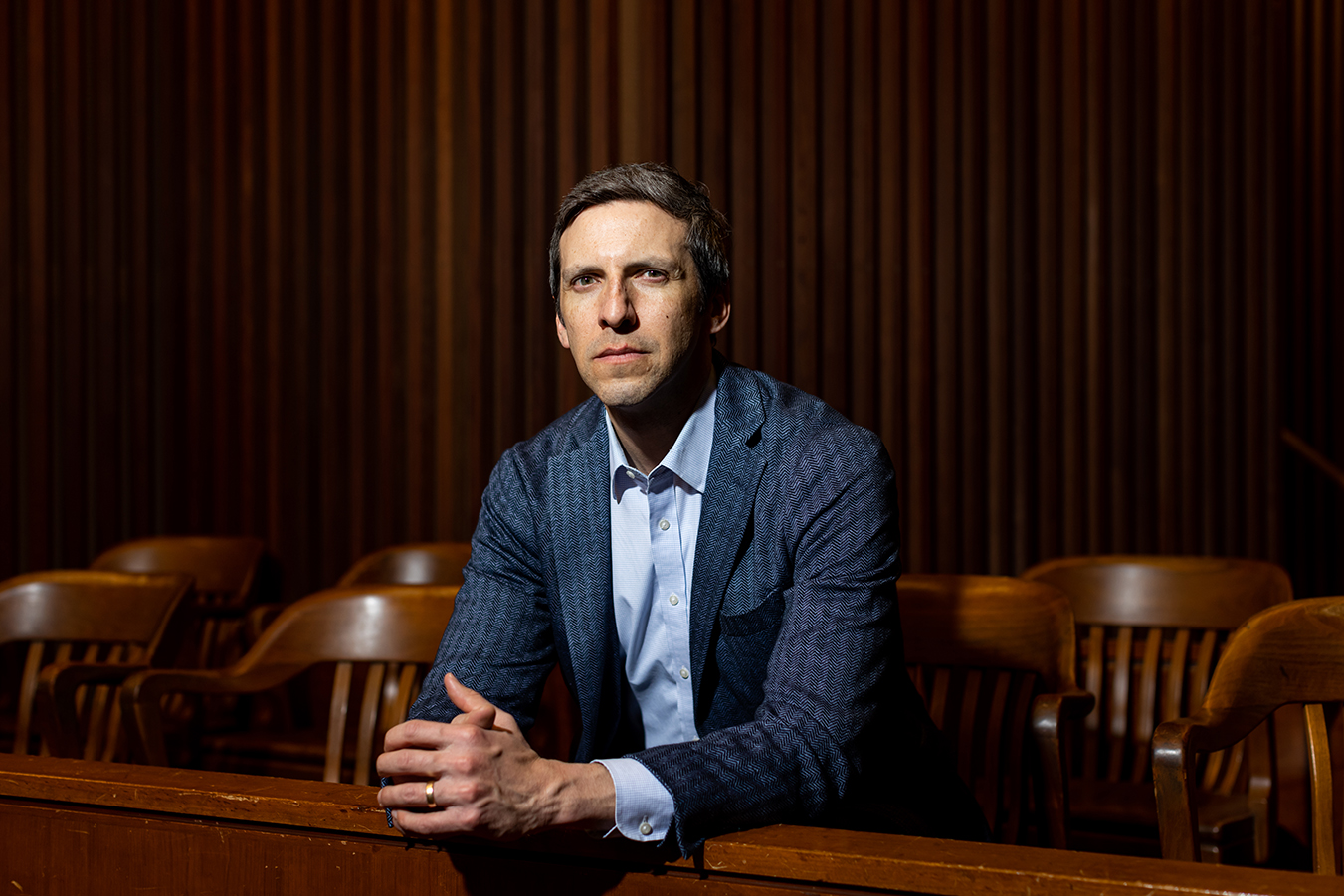How Trump handled classified documents
Former President Donald Trump's handling of classified documents "worried" his onetime national security adviser John Bolton. In an interview with CBS News, he described how the former commander-in-chief handled the nation's most sensitive national security information and documents. Some of these types of records were seized by the FBI from his Mar-a-Lago home last week.
Trump's regular intelligence briefings sometimes included discussions of nuclear weapons information, Bolton, a lifelong conservative but now a Trump critic, told CBS News chief election and campaign correspondent Robert Costa. In many cases, he said, intelligence briefers would bring pictures or graphs for the president to see and hand them to him.
"Often, the president would say, 'Well, can I keep this?' And in my experience, the intelligence briefers most often would say, 'Well sir, we'd prefer to take that back,'" Bolton said. "But sometimes they forgot."
The fact that Trump wanted to hold onto sensitive documents worried Bolton.
"My concern was that he didn't feel that the confidentiality of much of this information was as important as we knew it to be," Bolton said. "It just didn't register with him that safeguarding this information for its own sake, and because of the risk to sources and methods of obtaining the intelligence, could be jeopardized."
Multiple sources who worked in the Trump White House told Costa the former president had a tendency to work at times from the White House residence. He was briefed in the Oval Office, but enjoyed working from the residence in the mornings and evenings, the sources said. He would often take a pile of work papers and personal materials with him to the residence, the sources added. That transit from the West Wing to the residence was often where the breakdown of tracking documents could have taken place, Bolton said, since few people, if any, asked Trump what he was carrying.
Costa asked Bolton why the president took potentially sensitive documents back to Florida post-presidency. "Because he thought he could get away with it," Bolton replied.
"I think the president had trouble distinguishing between the personal and the public aspects of his job," Bolton said. "And in many respects, they do go together. But the clear intent of the Presidential Records Act and other procedures is to maximize protection for the public aspects of the job. It's not for personal gain that people take these positions."
According to the unsealed FBI warrant, the government is investigating Trump for potentially violating Section 793 of the Espionage Act — gathering, transmitting or losing defense information, which also includes refusal to return information that is demanded by the government. Investigators are also probing whether the former president violated two other statutes, one that encompasses removing, falsifying or destroying public records, and another that includes obstruction of justice.
Trump and Bolton had a rocky relationship in the White House, and since Bolton's departure from the White House, they have publicly disparaged one another. The Justice Department sued Bolton in an attempt to stop him from releasing his book, "The Room Where It Happened." The Justice Department ultimately dropped the lawsuit, but further soured Trump on Bolton.
Bolton said the Trump team's claim that Trump had a standing order to automatically declassify documents taken from the Oval Office is "likely a lie" and certainly something he was never aware of as national security adviser. He told Costa any argument from Trump allies that the documents discovered at Mar-a-Lago were somehow declassified won't hold up, since the president still had the responsibility to file records properly.
While the president does have broad declassifying authority, there is a process involved. House Judiciary Chairman Adam Schiff told CBS News' "Face the Nation" Sunday, "We should determine, you know, whether there was any effort during the presidency to go through the process of declassification."
But he added, "I've seen no evidence of that, nor have they presented any evidence of that."
Kathryn Watson contributed to this report.



